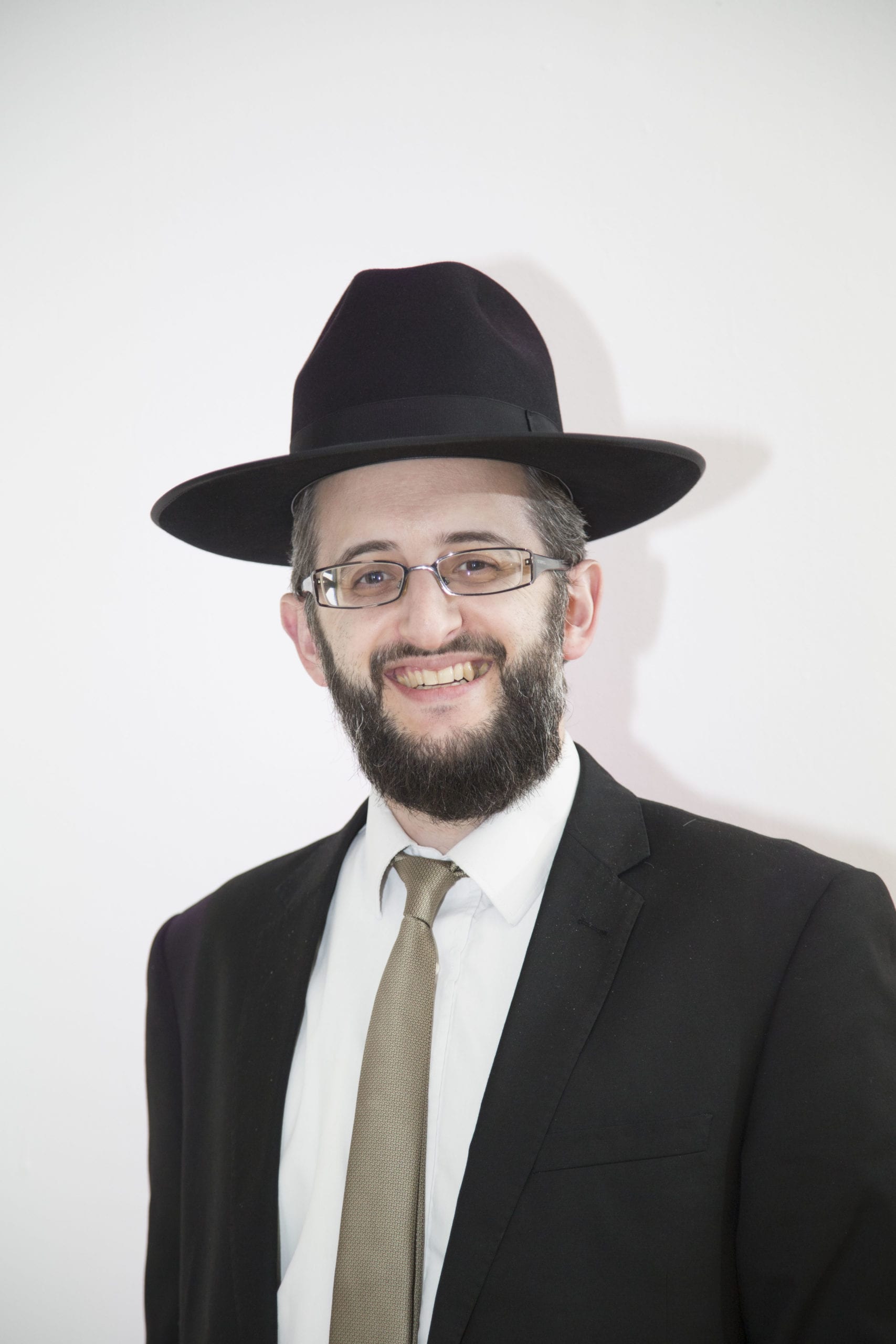
As Yaakov takes leave of this world, he beseeches his son Yoseph with the following request “and do for me kindness and truth, please don’t bury me in Egypt”.
Rashi mentions that kindness one does with the dead is termed “chesedshelemet” – kindness of truth, as one does not expect any form of repayment.
The Sefer Vayomer Abraham elaborates on this them. It is norm that when a poor person approaches our door for a loan or a donation, even if we agree to give the donation, our minds are dubious of the individual asking. “Does he really need it? Will he just spend it on cigarettes? Is he legitimate cause?”
This sentiment is echoed in the Talmud: “One should be grateful to the Raamayim/Faudsters, for without them we would be sinning daily.” Rashi explains that they allow us to have a defence – we turned a blind eye from giving Tzedaka because there are so many impostors.
And so it is with all other areas of kindness that we perform, doubts creep in that perhaps this is not ““chesedshelemet”. For most acts of chesed done during one’s his life are not “pure,” it carries within itself some of the complexities of human interaction. Maybe I owe him a favour and am uncomfortable in refusing him, or perhaps we think he owes me one. This corrupts what chesed is really all about. For chesed by definition is “something for nothing.”
Thus the act of burying a dead person is called chesedshelemet –- “true kindness.” The unassuming dedicated staff that form the chevrakadisha in every community, are guaranteed that their work is “chesedshelemet”. It is the truest act of kindness, since one cannot be thanked by the recipient.
Most people would not want to spend their weekend in a Beit Tahara (where the dead are prepared) or even their mornings moving a body from a morgue to the cemetery, but for the thousands of chevrakadisha volunteers worldwide, it is not about what you want to do, but rather what has to be done.
In fact the word Emet – truth, encapsulates this mitzvah. Emet is made up of three letters: Aleph, Mem and Taf.
Aleph = Aron / the casket
Mem = Mitah/ the bed or final resting place.
Taf = Tachrichin/ the shrouds.
We need to be grateful to those who involve themselves with this holy work.
But may it be Hahsem’s will, that all those in the chevrakaddisha, should become unemployed, speedily in our days.







